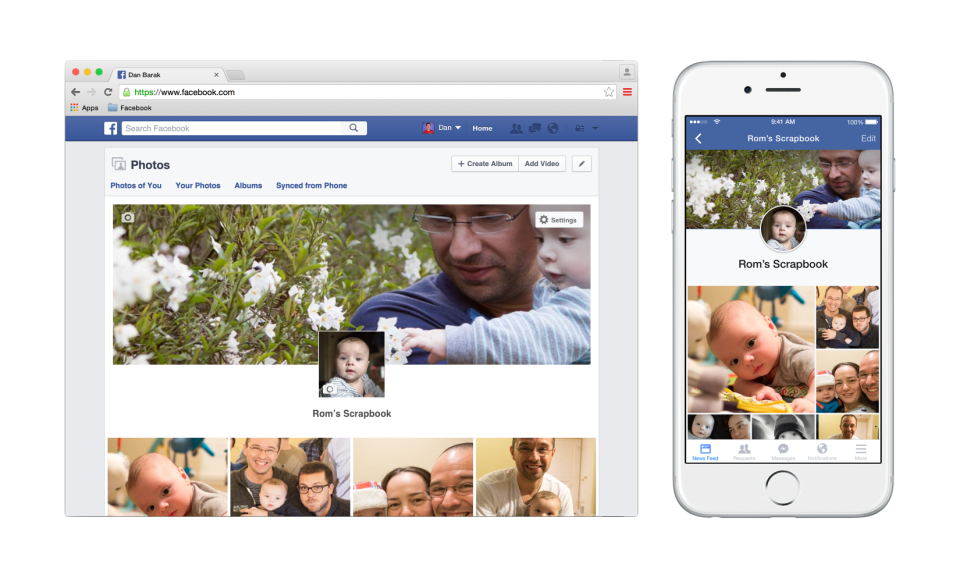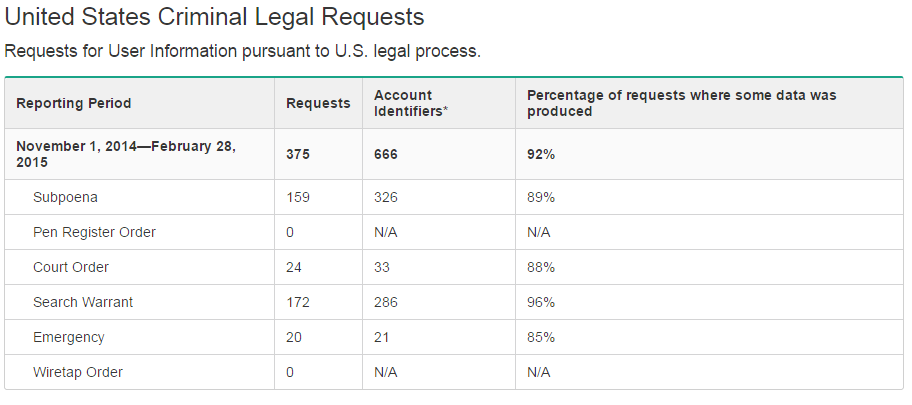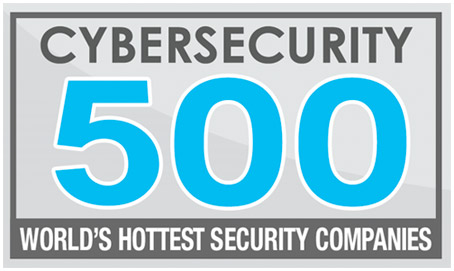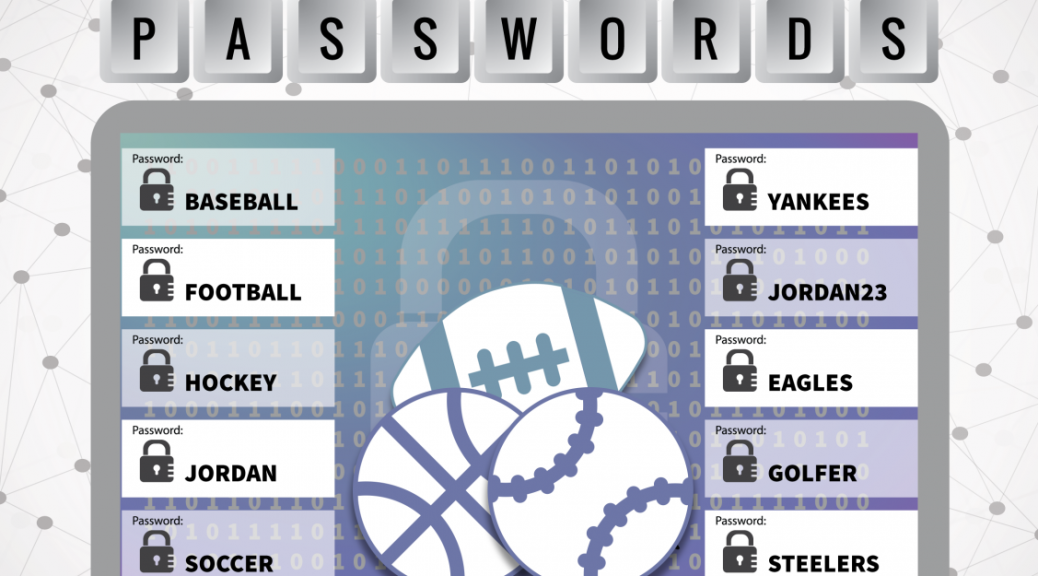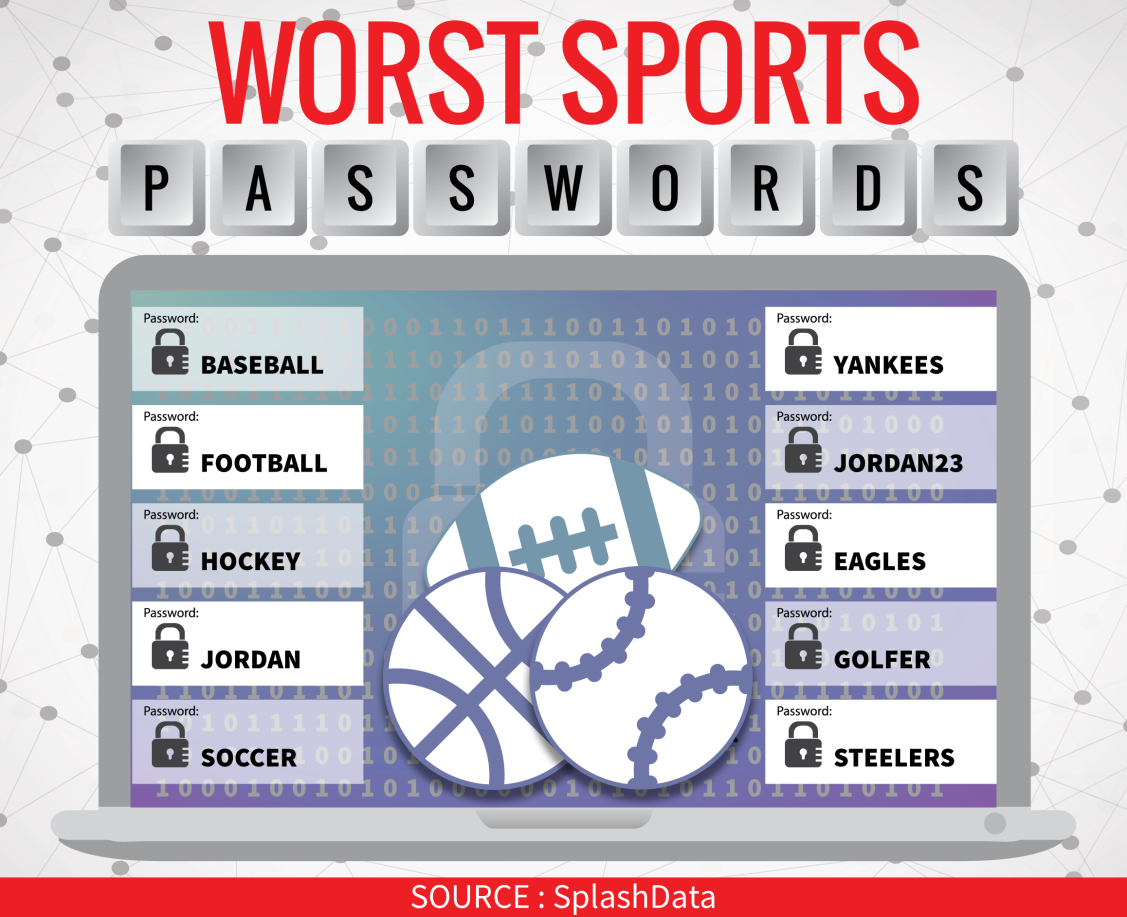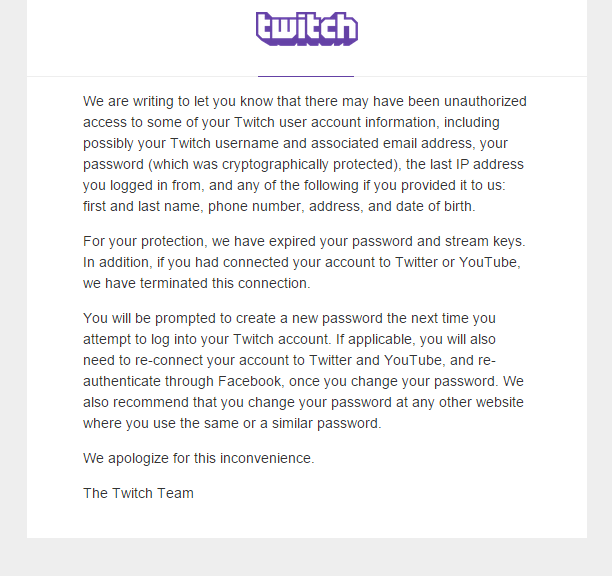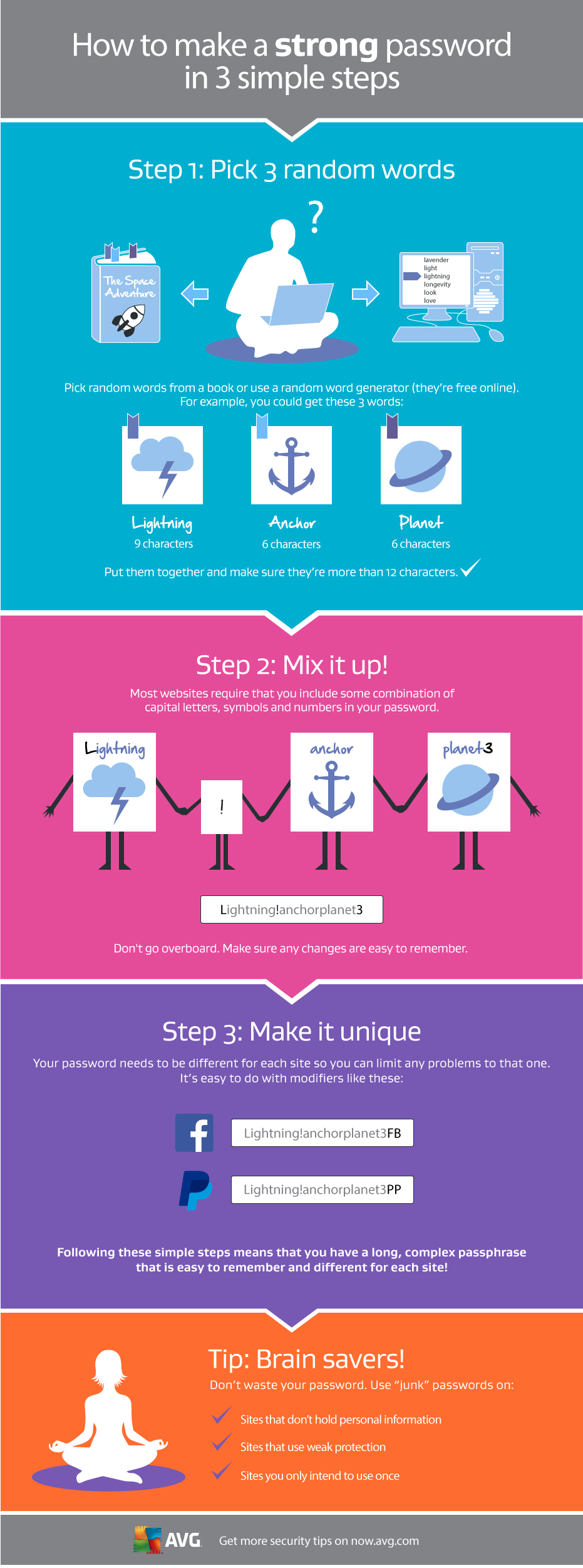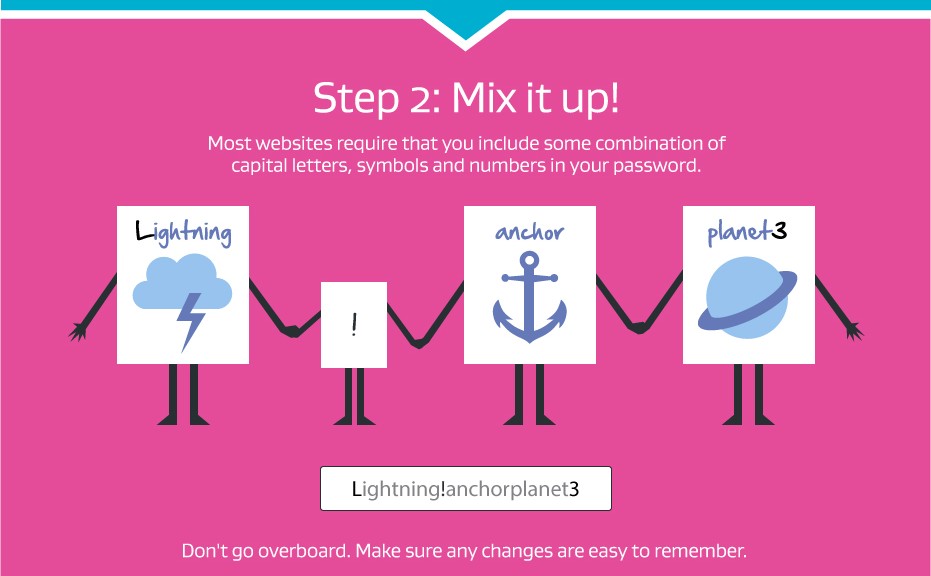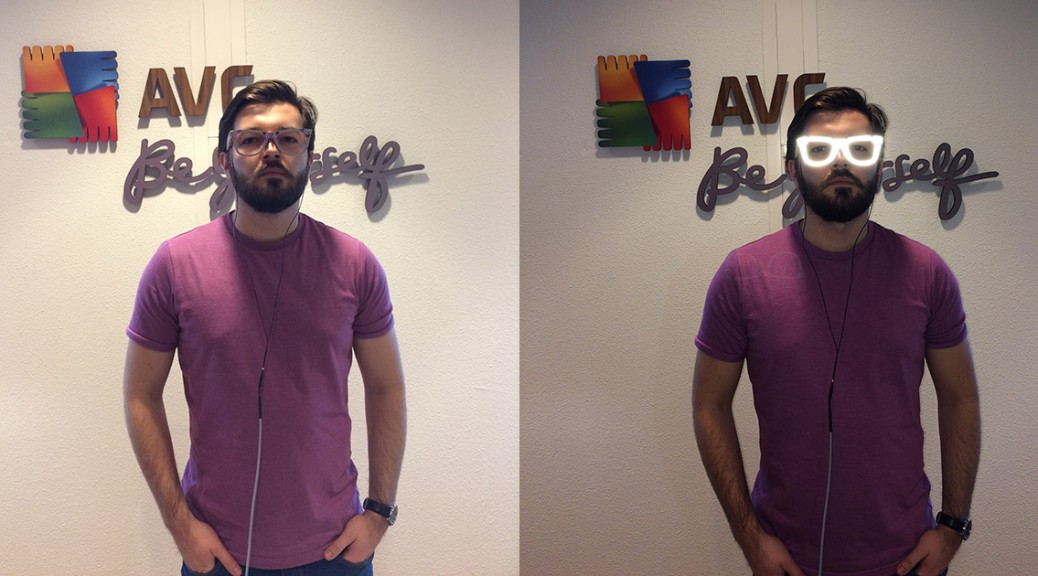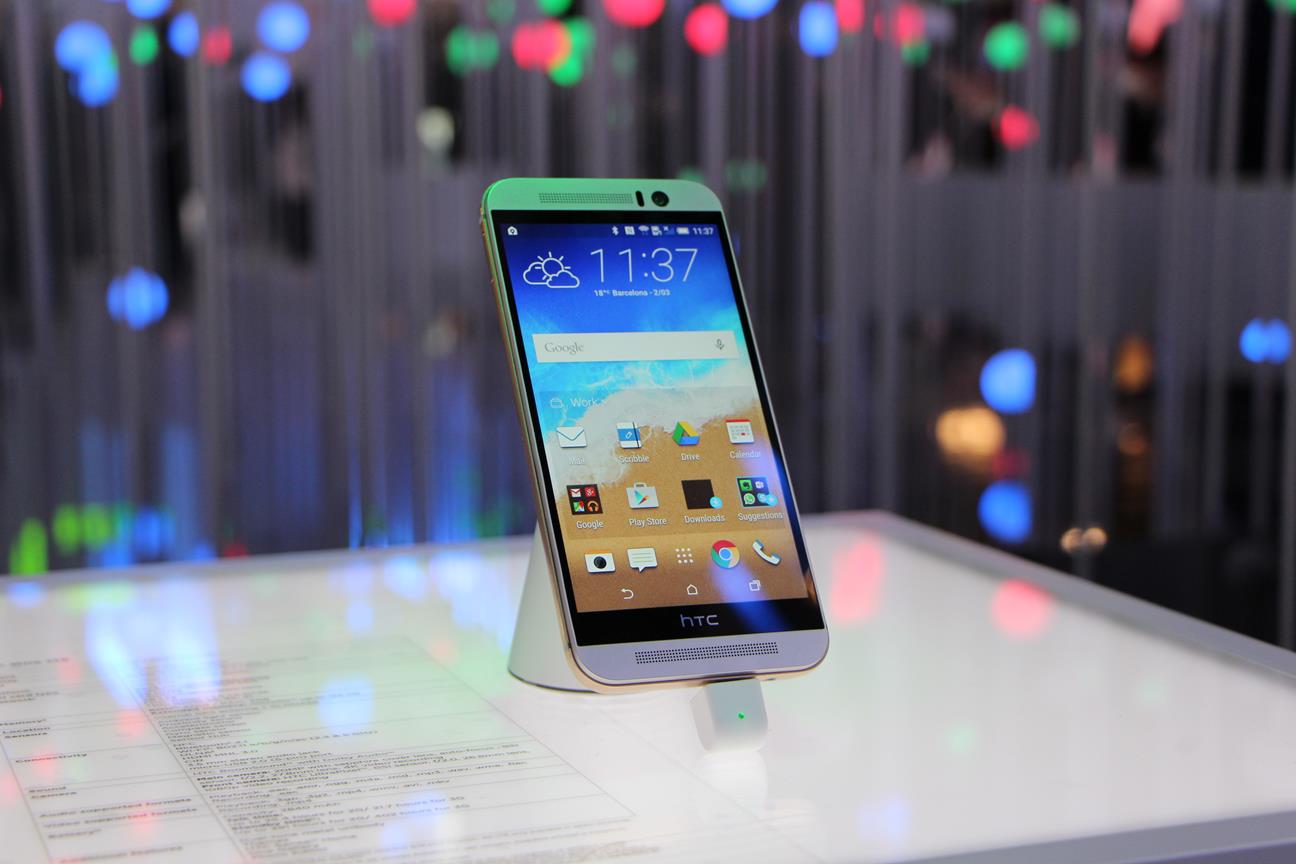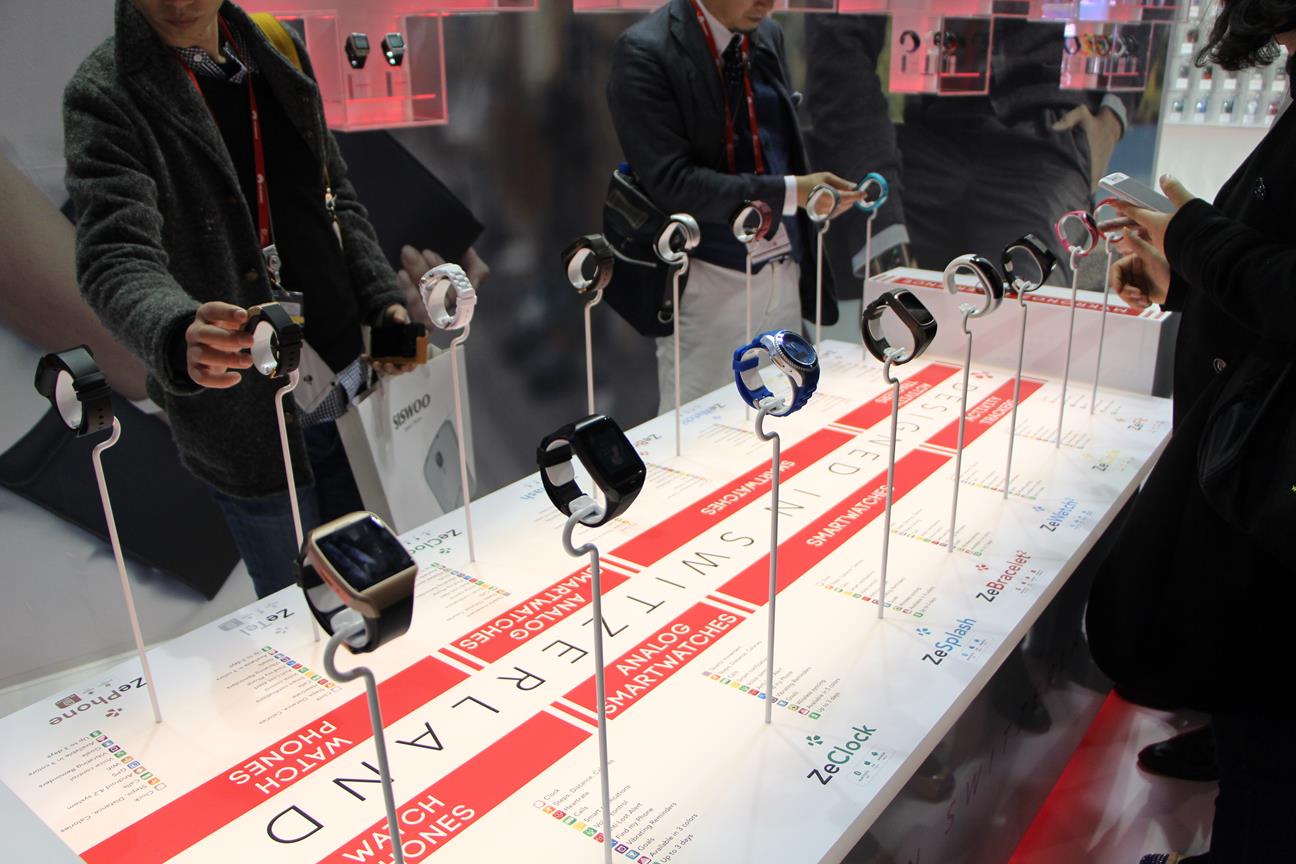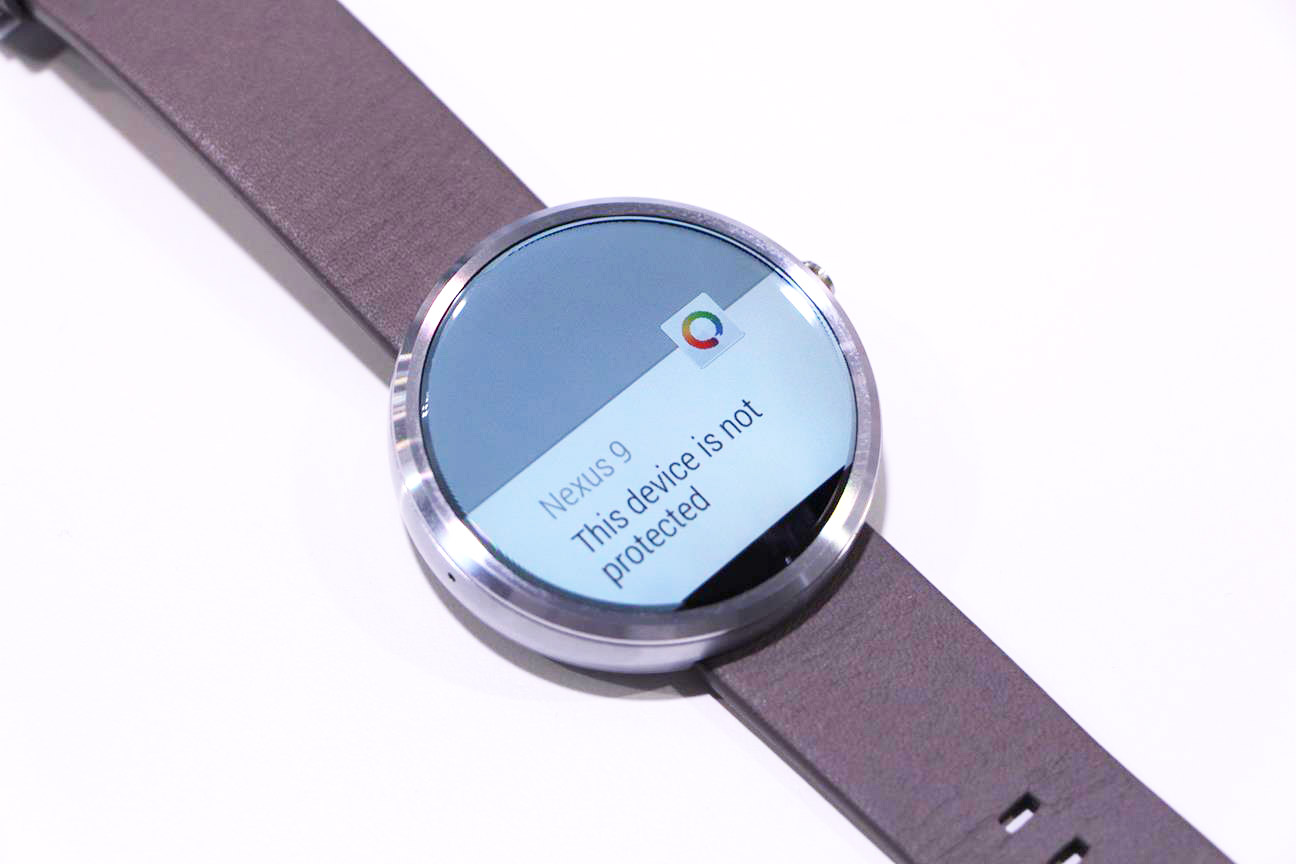On March 31st, Facebook began rolling out its new “Scrapbook” feature which loving parents can fill with pictures of their children without fear of flooding their friends’ Facebook feed.
While this is great news for those of us who loathe oversharing, it also makes it easier for parents to manage their privacy. By placing all their images in a Scrapbook, parents can easily control who can and cannot view them.
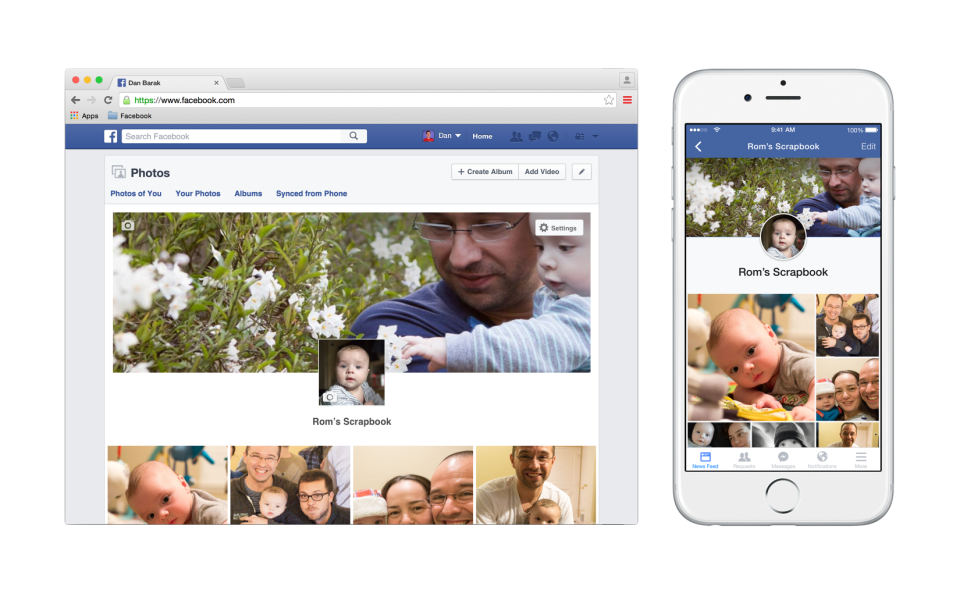
Scrapbook addresses the very clear demand for parents to document, store and share precious memories and highlights the trends that we highlighted in Digital Diaries research.
In fact, as many as 30% of parents have shared a pre-natal scan via social media, creating a Digital Footprint for their child long before they are even born.
And it doesn’t stop there; later stages of Digital Diaries highlight the sharenting phenomenon where parents don’t consider the long term consequences of sharing every detail of their child’s life.
Scrapbook may help parents keep a handle on the visibility of their baby photos but as such is exacerbating the sharenting issue.
Today’s children are growing up in digital world that doesn’t forget and a world where their every moment is being captured and stored on line. Before we share anything, it’s important to remember that.
![]()
![]()
